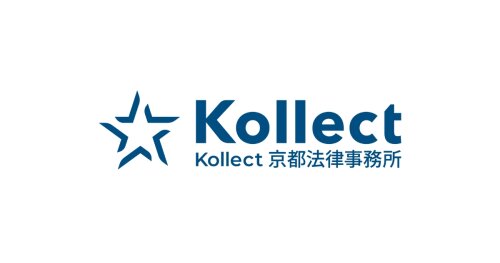Best Due Diligence Lawyers in Kyoto
Share your needs with us, get contacted by law firms.
Free. Takes 2 min.
List of the best lawyers in Kyoto, Japan
About Due Diligence Law in Kyoto, Japan
Due diligence in Kyoto, Japan involves a comprehensive appraisal of a business or property, allowing potential buyers or investors to obtain crucial information before making significant transactions. This process is essential in understanding financial, legal, environmental, and operational risks. In Kyoto, due diligence is highly influenced by regional regulations and protocols, characterized by meticulous scrutiny of contracts, legal histories, and compliance with local business practices. It's integral to the decision-making process in mergers, acquisitions, and real estate transactions.
Why You May Need a Lawyer
There are several circumstances where legal assistance in due diligence becomes imperative. Engaging with a lawyer ensures a thorough examination of complex contracts and financial statements. If you're involved in purchasing property, merging with or acquiring a business, or negotiating significant contracts, a lawyer can identify potential liabilities, ensure compliance with Kyoto's rigorous legal standards, and provide you with peace of mind. Additionally, language barriers and unfamiliarity with local business customs can make legal expertise invaluable.
Local Laws Overview
Kyoto, being part of Japan, adheres to national due diligence requirements while also reflecting its unique local practices. The Commercial Code of Japan and the Financial Instruments and Exchange Act are crucial legislations governing due diligence efforts. Kyoto’s legal environment also emphasizes compliance with zoning laws, cultural preservation statutes, and environmental regulations, which are particularly stringent due to the city's historic and cultural significance. Understanding these legal nuances is critical for investors and businesses operating in the area.
Frequently Asked Questions
What is the primary purpose of due diligence?
Due diligence aims to evaluate the risks and opportunities of a business or property to ensure informed decision-making during transactions.
How long does the due diligence process take in Kyoto?
The timeframe varies depending on the complexity of the transaction, but it typically ranges from a few weeks to several months.
Can I perform due diligence on my own?
While it's possible, due diligence can be complex, and having legal expertise ensures comprehensive analysis and compliance with local laws.
What are the main areas of focus during due diligence?
The focus includes financial performance, legal compliance, operational capabilities, environmental impact, and strategic alignment.
How does Kyoto’s cultural significance affect due diligence?
Cultural preservation laws in Kyoto must be carefully considered during real estate transactions and business operations.
What risks are typically uncovered during due diligence?
Risks may include financial discrepancies, legal liabilities, non-compliance with regulations, and potential environmental impacts.
Is environmental due diligence important in Kyoto?
Yes, due to Kyoto's stringent environmental regulations and cultural importance, environmental assessments are crucial.
What happens if issues are found during due diligence?
The buyer can negotiate terms, ask for mitigations, or withdraw from the transaction based on the findings.
Do local laws require due diligence for all transactions?
While not legally mandatory for all transactions, due diligence is highly recommended to safeguard interests and ensure compliance.
How can language barriers affect due diligence in Kyoto?
Language barriers can complicate understanding of legal documents and local laws, making professional legal assistance beneficial.
Additional Resources
For further assistance, consider reaching out to the Kyoto Chamber of Commerce and Industry, legal firms specializing in due diligence, and government bodies such as the Ministry of Economy, Trade and Industry (METI). These resources can provide guidance and detailed information relevant to your specific needs.
Next Steps
If you need legal assistance in due diligence, begin by defining the scope of your transaction and identifying specific areas where you require help. Consult with a local lawyer specializing in due diligence to ensure a smooth process. Prepare necessary documentation and questions beforehand to make the initial consultation effective. Review all findings meticulously before proceeding with any agreement or contract.
Lawzana helps you find the best lawyers and law firms in Kyoto through a curated and pre-screened list of qualified legal professionals. Our platform offers rankings and detailed profiles of attorneys and law firms, allowing you to compare based on practice areas, including Due Diligence, experience, and client feedback.
Each profile includes a description of the firm's areas of practice, client reviews, team members and partners, year of establishment, spoken languages, office locations, contact information, social media presence, and any published articles or resources. Most firms on our platform speak English and are experienced in both local and international legal matters.
Get a quote from top-rated law firms in Kyoto, Japan — quickly, securely, and without unnecessary hassle.
Disclaimer:
The information provided on this page is for general informational purposes only and does not constitute legal advice. While we strive to ensure the accuracy and relevance of the content, legal information may change over time, and interpretations of the law can vary. You should always consult with a qualified legal professional for advice specific to your situation.
We disclaim all liability for actions taken or not taken based on the content of this page. If you believe any information is incorrect or outdated, please contact us, and we will review and update it where appropriate.










